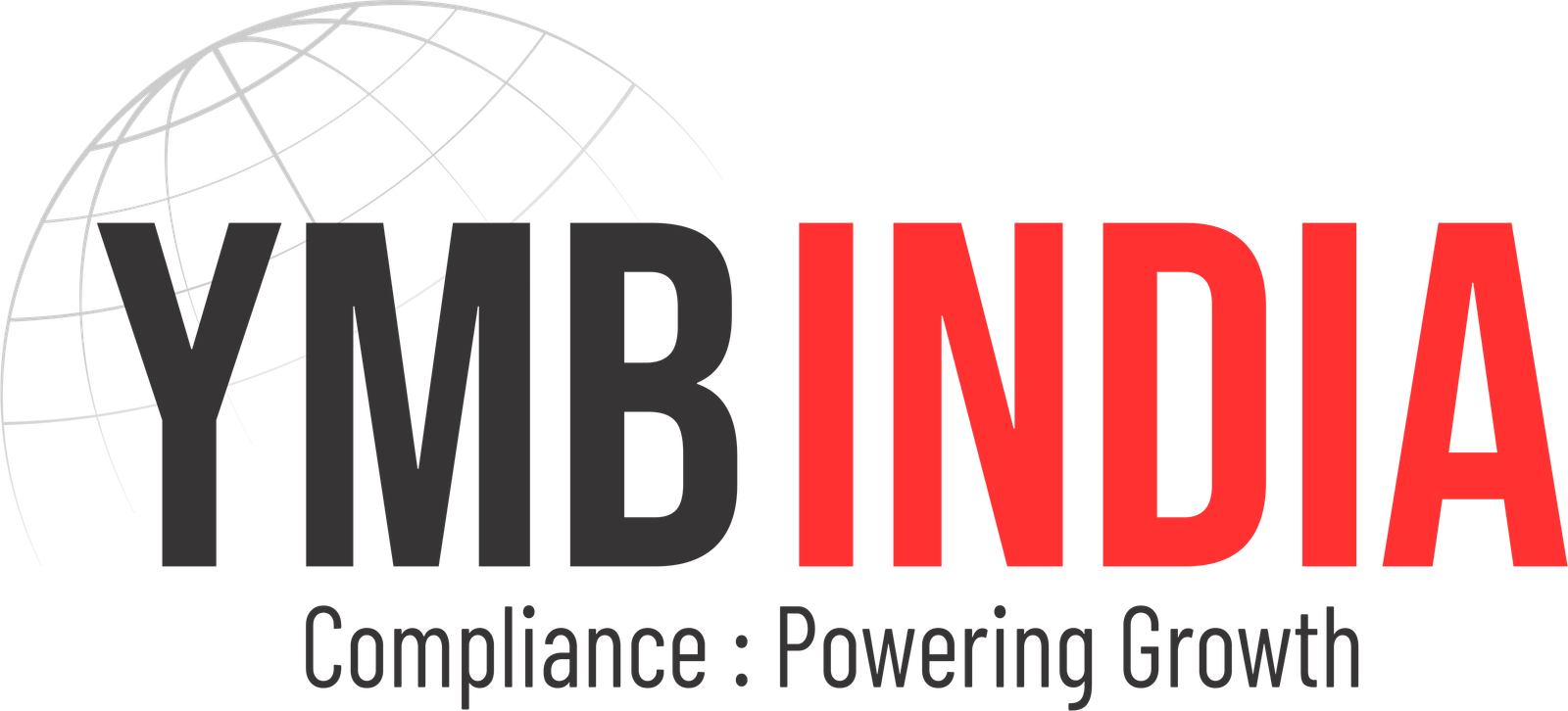EPR authorization
Donec fringilla a augue in porttitor. Nulla facilisi. Etiam eget luctus nulla, vitae ultrices metus. Curabitur sit amet eros pharetra elit.
Business Consulting
In dapibus quis orci in eleifend. Suspendisse porttitor nunc justo, sed accumsan risus facilisis sit amet. Suspendisse ut eros nisi. Ut accumsan nec tellus vel pulvinar. Sed vel facilisis odio. Vivamus ac posuere arcu.
EPR authorization
- E-Waste
E-waste (Management) Amendment Rules, 2015, were published by the Government of India in the Ministry of Environment, Forest and Climate Change vide number G.S.R. 1349(E), dated 30 October, 2017 in the Gazette of India
Short title and commencement. –
(1) These rules may be called the E-Waste (Management) Rules, 2016.
(2) They shall come into force from the 1 st day of October, 2016
Application. – These rules shall apply to every manufacturer, producer, consumer, bulk consumer, collection centres, dealers, e-retailer, refurbisher, dismantler and recycler involved in manufacture, sale, transfer, purchase, collection, storage and processing of e-waste or electrical and electronic equipment listed in Schedule I, including their components, consumables, parts and spares which make the product operational.
- Plastic Waste
Whereas the Plastic Waste (Management and Handling) Rules, 2011 published vide notification number S.O 249 (E), dated 4th February, 2011 by the Government of India in the erstwhile Ministry of Environment and Forests, as amended from time to time, provided a regulatory frame work for management of plastic waste generated in the country;
Whereas, a committee was constituted to evaluate mechanism for the implementation of the provisions of Plastic Waste Management Rules, 2016 especially with respect to Extended Producer Responsibility (EPR) in 2017;
The rules cast Extended Producer Responsibility (EPR) on Producer, Importer, Brand Owner for collection and recycling of plastic packaging waste. EPR shall be applicable to both pre-consumer and post-consumer plastic packaging waste.
The following plastic packaging categories are covered under EPR:
- Rigid plastic packaging
- Flexible plastic packaging of single layer or multilayer (more than one layer with different types of plastic), plastic sheets or like and covers made of plastic sheet, carry bags (including carry bags made of compostable plastics), plastic sachet or pouches and
- Multilayered plastic packaging (at least one layer of plastic and at least one layer of material other than plastic)
- Battery Waste Management
These rules shall apply to every manufacturer, importer, re-conditioner, assembler, dealer, recycler, auctioneer, consumer, and bulk consumer involved in manufacture, processing, sale, purchase and use of batteries or components thereof.
Now Battery materials‘ means materials contained in the Battery include metals such as nickel, cobalt, lead, lithium, and other materials such as plastics, paper, etc
Type of Battery :
- Portable : ‘Portable battery’ means Battery that is sealed, less than five kilograms, not made for industrial purposes, electric vehicle or to be used as an Automotive Battery;
- Electrical Vehicle : Electric vehicle battery’ means any Battery specifically designed to provide traction to hybrid and electric vehicles for road transport;
- Automotive : Automotive battery’ means any Battery used only for automotive starter, lighting or ignition power
- Industrial : Industrial battery’ means any Battery designed for industrial uses, excluding Portable battery, Electric vehicle battery and Automotive battery. These may include sealed Battery (excluding potable battery); unsealed Battery (excluding automotive Battery) and energy storage system Battery;

